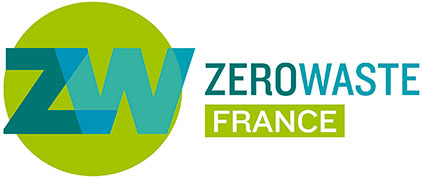History and missions
Created in 1997 under the name of Cniid, Zero Waste France is a citizen and independent association, which acts towards all publics: citizens, elected officials, professionals, companies, and has three missions to contribute to it.
A citizen and independent association
Zero Waste France is an association created in 1997 under the name of Centre national d’information indépendante sur les déchets (Cniid) – a name it will keep until June 2014. Initially, its role as a whistleblower is essential: in particular, it aims to raise awareness of the dangers of waste incineration in order to obtain more stringent regulations on discharges from installations (for example, dioxins). Soon, the association decided to tackle the source of the problem: the production of waste and, more broadly, the waste of natural resources.
Since its creation, the association has been mainly financed by donations from citizens, which allows it to remain independent from public authorities and companies. In 2017, nearly half of Zero Waste France’s funding is based on donations from its 2,200 members.
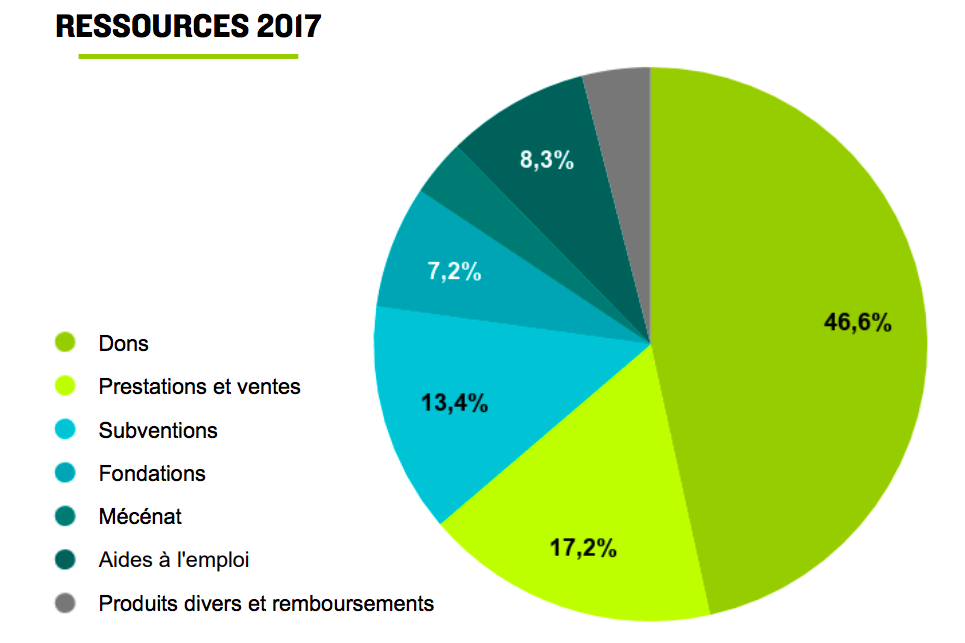
Discover our activity and financial reports:
Informing and explaining the issues at stake
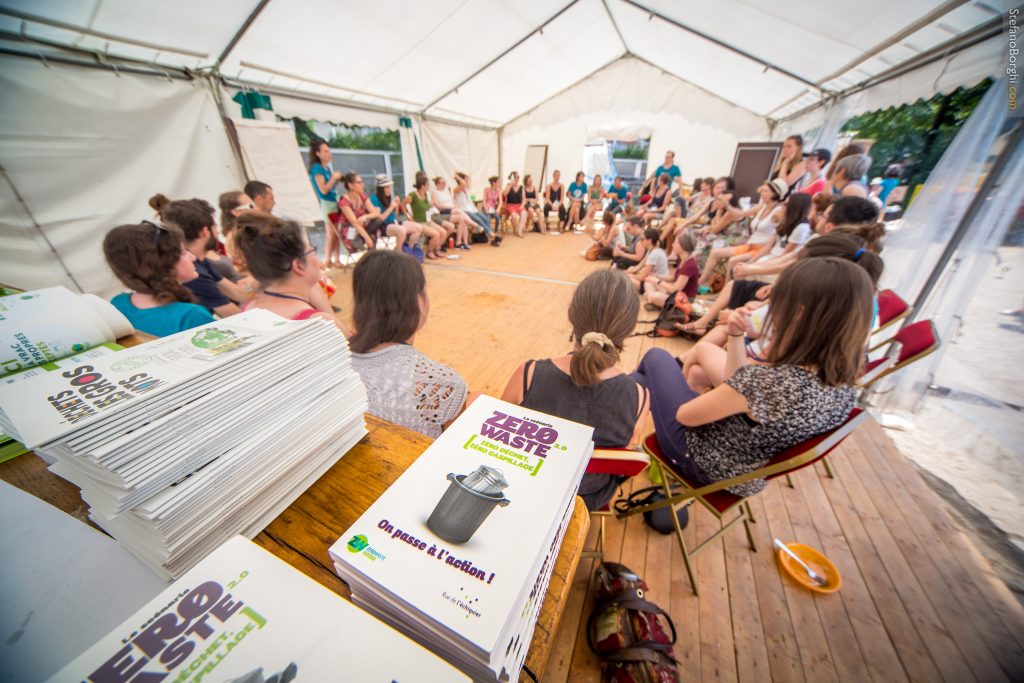
Among its missions, Zero Waste France analyses and explains the challenges of waste management: overconsumption of resources, pollution, economic and social implications. The association also informs citizens and other stakeholders about the solutions and means that can enable them to act on this situation.
The association regularly conducts surveys that it makes available to the public in order to alert and mobilize citizens, particularly through campaigns. It also publishes resources (guides, practical sheets, etc.) to help everyone implement the zero waste approach in different contexts (at school, at the office, etc.). In addition, it provides an analysis of the waste sector and its developments through conferences, training courses, symposia and other types of intervention throughout France.
Advancing public policy
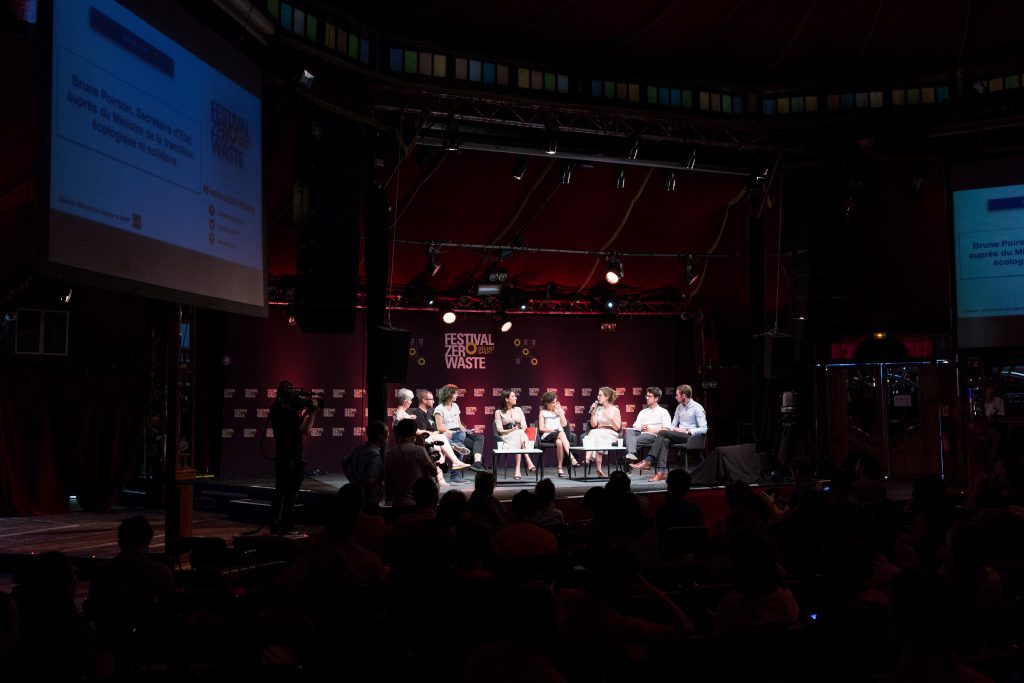
Zero Waste France also calls on the public authorities to advance regulations in the direction of zero waste approach and to make the voice of citizens heard in the development of public policies.
The association works mainly at the national level, towards the government and members of Parliament. It is also active on European issues, through work coordinated by the Zero Waste Europe and EEB (European Environmental Bureau) networks.
Finally, Zero Waste France acts on an ad hoc basis at the local and regional level, in conjunction with local stakeholders, to contribute to the development of a waste prevention and management plan, to support the review of a treatment facility, or to build a territorial Zero Waste scenario.
Supporting the actors on the field
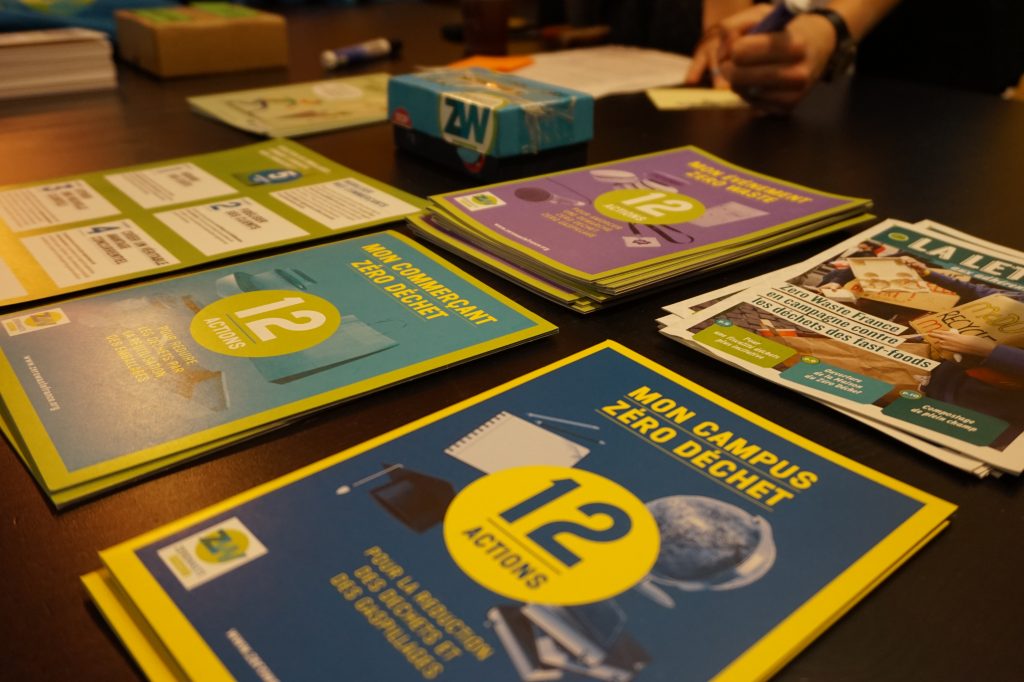
Zero Waste France also advises, trains and creates tools to help local authorities, entrepreneurs and local associations to implement the zero waste approach.
From a regional perspective, the association’s action focuses on the dissemination of Zero Waste initiatives already carried out in France and abroad, and of all the best practices that make it possible, on a territory, to promote waste reduction. In that way, it produces documents, publishes a monthly newsletter dedicated to the territories, and organizes or participates in training courses for elected officials and technicians of local authorities.
The association also supports project leaders (individual entrepreneurs, associations or any other legal structures) of activities, places or products that are part of the zero waste approach. This support takes the form of meetings and encounters, technical-legal notes, and introductions with partners or potential investors. The association’s goal is to accelerate the deployment, implementation and adoption of these new solutions, whether for individuals, professionals or communities.
Zero Waste France also provides legal assistance, support and analysis to local associations that request it, and sometimes litigation advice, in particular cases. This support is reinforced by the publication of didactic information enabling the main public to better understand the legal and technical aspects of waste management (fact sheets, articles, thematic dossiers, etc.)
